Do you struggle with self love and healing? Learning to nurture your inner self is essential for growth, happiness, and peace. Explore for more!
Self-love and healing are challenging, because we’re tempted to look outside ourselves for something or someone to take away our pain.
We often flee from pain through distractions, relationships, addictions, or substances, seeking external solutions rather than addressing our inner struggles. Modern life, particularly in urban settings, disconnects us from our natural rhythms.
The fast pace and demands of our culture, constant connectivity, and instant gratification overwhelm our biological makeup and detrimentally affect our emotional and physical health. This lifestyle can further distance us from true healing, exacerbating self-neglect and pain.
Soul reclamation involves healing our broken hearts and wounds that interfere with our ability to love. An illusory search for a soul mate can bring sorrow, obscuring the truth that love resides within us. However, romantic disappointments open us to healing and transformation if we explore and grieve our longing.
Carl Jung believed that the longing for a romantic relationship is our soul’s manifestation of a universal drive for wholeness. We can search endlessly for the one person who will make us feel complete and fulfilled, imagining that with the perfect mate, we will be healed and our yearning will end.
This desire for a soul mate is an outer expression of an inner drive for a state of oneness, a return home. We may glimpse this bliss in fleeting moments of unconditional love, sexual union, or divine connection. The angst of separation—whether from our beloved or internal peace—creates a sense of fragmentation, and longing inevitably returns.
Read More Here: Discovering The Family Within You
How To Practice Self Love And Healing?

Self-love is the cornerstone of healing ourselves and our relationships. It begins and ends with self-love. Years ago, I asked a teacher how to heal my pain. She simply replied, “You must learn to love yourself.”
I had no idea what she meant or how to achieve it. Over time I learned that self-love encompasses more than pampering ourselves; it involves a deep and compassionate understanding of who we are, communicating that, and setting appropriate boundaries both internally and with others.
Like change, healing takes courage, which requires a degree of confidence and determination. It demands that we slow down and take the time to heal ourselves from the inside out.
We must listen to, honor, and express our feelings. Ignoring or judging our body, needs, and feelings only prolongs our pain. Self-criticism sabotages self-esteem and worsens our misery. For example, while grief is a natural response to loss, guilt and self-blame create unnecessary suffering.
Two challenging aspects of self-love are self-care and self-nurturing. Many of us grow up with unmet emotional needs, making it difficult to recognize and respond to them later in life. If we lacked parental empathy as children, we may struggle to nurture ourselves as adults.
We might be unaware of or dismiss our needs or not know how to meet them. The lack of an internal, loving parental voice to comfort ourselves can lead to anxiety, loneliness, addiction, and depression. We usually need support from someone who models self-nurturing skills to acquire them.
Self-care means not abandoning ourselves as we may have been abandoned by others. It involves meeting our emotional, social, and spiritual needs and protecting our physical and mental well-being. We need healthy nutrition, recreation, exercise, and adequate sleep. We must also be mindful of our thoughts and people that cause us stress and pain and learn to assertively set boundaries to safeguard our health.
Self-love also entails self-acceptance, meaning we allow who we are in the present moment. This doesn’t preclude self-improvement, but it encourages compassion for ourselves, much like a nurturing parent would have shown us. Self-compassion expressed with gentleness, tenderness, and generosity of spirit is quite the opposite of self-criticism, perfectionism, and pushing ourselves.
Open your heart to whatever you’re thinking and feeling. Be present with your physical sensations. Give them space. This radical acceptance is an act of deep self-love. If you go deeper and merge with sensation, you discover it’s merely flowing energy. The gentle embrace of your feelings creates a container that calms and reassures your being, building strength and inner peace to meet anything. Developing this habit may require frequent reminders.
This approach is far different from self-pity, which judges our situation or feelings, suggesting, “It shouldn’t be this way.” If we judge and shame ourselves, we’re at war with ourselves, and nothing changes. However, when we accept ourselves, we stop worrying about others’ opinions and become more authentic. Acceptance allows us to reveal our true self without shame or fear.
Beyond attention, knowledge, acceptance, and self-compassion, self-love requires respect, responsibility, and commitment. It demands self-discipline, practice, and time. This may involve a significant reorientation of our values and our lives to focus less on external validation and more on inner contentment.
Faith and self-confidence help us comfort ourselves and navigate challenges and failures without lapsing into worry and self-judgment. We begin to know that we’ll survive despite our present emotions. We won’t develop this inner strength if we frequently pursue distractions and seek validation from others. The ability to listen and trust the wisdom of our heart’s whispers grows stronger with practice.
We often underestimate the impact of attentive listening and a loving response—to ourselves, our pain, and to others, even strangers. Extending love not only changes those around us but also furthers our growth. We have opportunities to practice self-love all the time, though it isn’t easy.
Our inner toddler or teenager rebels against self-responsibility. We may carry outdated, negative beliefs that thwart us. Throughout the day, we have choices: To honor our feelings or dismiss them, to comfort or judge ourselves, to meet our needs or ignore them, to keep commitments to ourselves or abandon them, and to respect our values or override them.
We abandon ourselves whenever we talk ourselves down, doubt ourselves, exhaust ourselves, dismiss our feelings or needs, or act against our values.
Conversely, making healthier choices fosters healing, benefiting both ourselves and our relationships. A loving gesture shifts our perception and brightens our days. When we approach life with heartfelt acceptance and compassion, it greets us in kind.
Read More Here: Mel Robbins’ Viral ‘Let Them Theory’: Can It Really Transform Your Life?
Get self-love tips and the Self-Love Meditation. To heal underlying shame, do the exercises in Conquering Shame and Codependency: 8 Steps to Freeing the True You. Read poems about self-love and healing in Unfettered Soul: Poems and Contemplations on Recovery.
© 2025 Darlene Lancer
Share your thoughts on how to practice self-love in the comments below!
Written by Darlene Lancer
Originally appeared on What Is Codependency


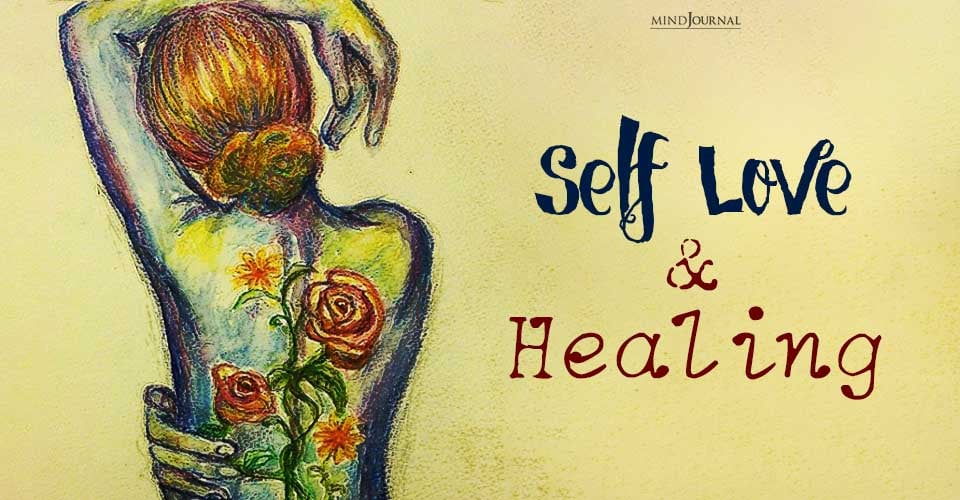
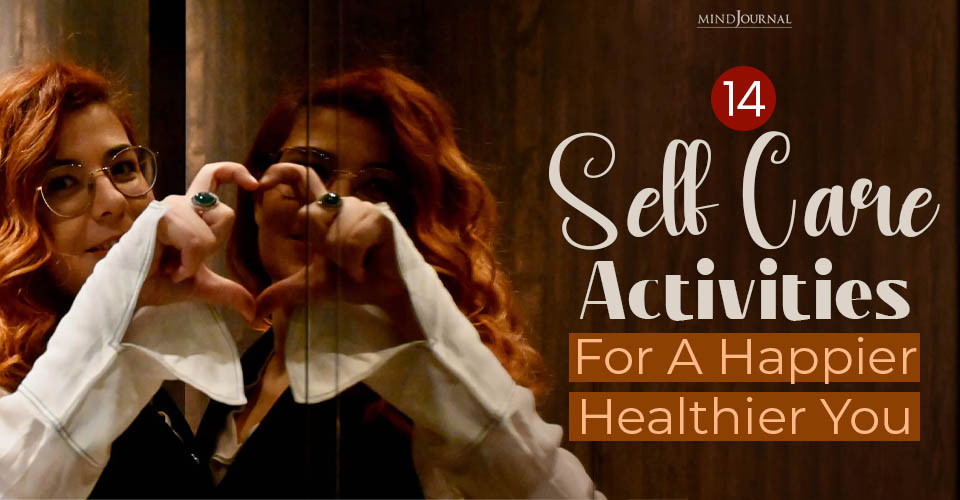
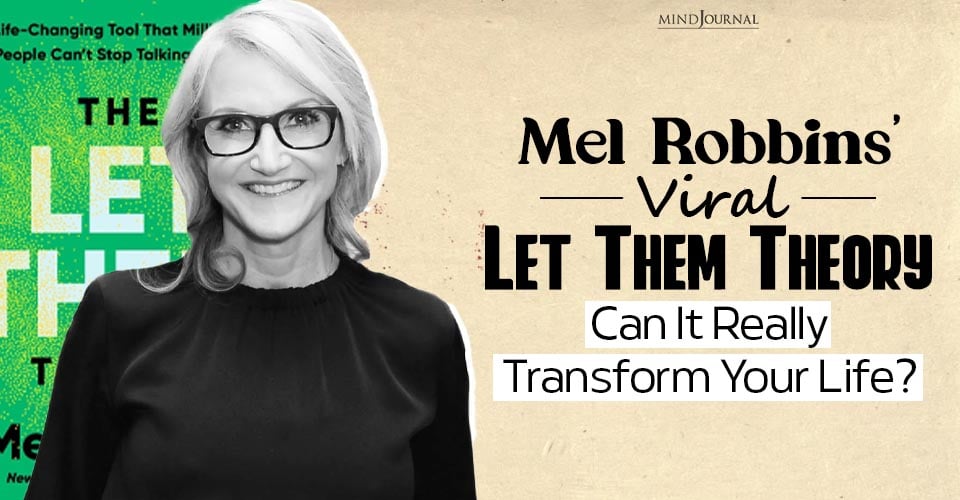


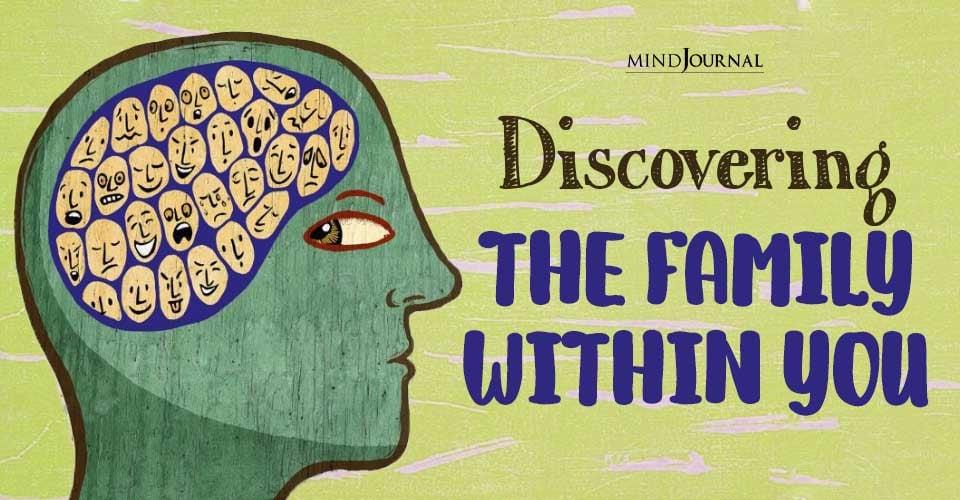
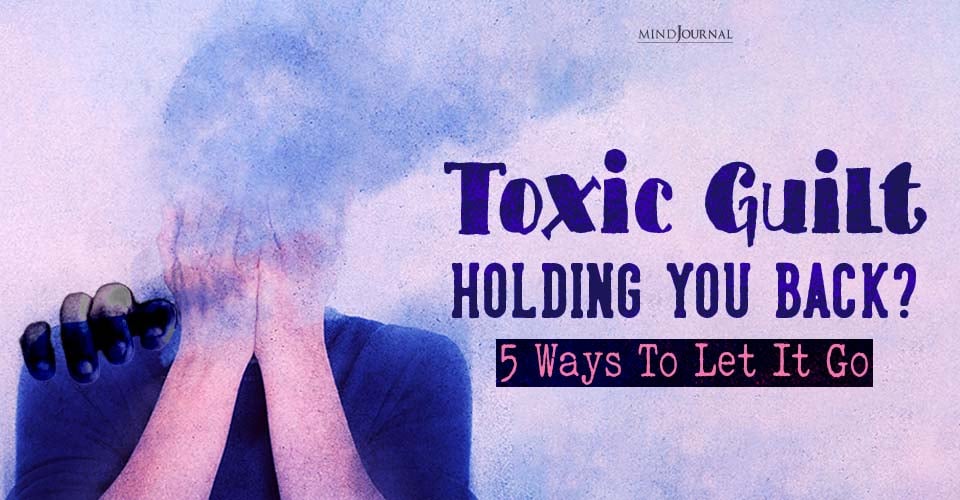

Leave a Reply